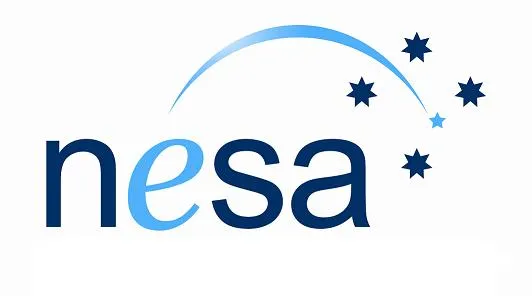De-escalating Challenging Behaviours
Resources and Links

VANESSA SAYS:
This guide was developed by the Victorian Ombudsman and provides some valuable tips and case studies to prevent, respond and manage incidents of challenging behaviour. Topics covered include: identification, behaviour associated with disability or mental illness and complaint resolution strategies.

DAMIEN SAYS:
“This is a fascinating publication from the USA. Its full title is ‘Verbal De-escalation of the Agitated Patient: Consensus Statement of the American Association for Emergency Psychiatry BETA De-escalation Workshop’. I was really interested to read it because it’s a consensus position of a group of US psychiatrists. Remember that ‘challenging behaviours’ are factors in many sectors as well as ours: health, education, hospitality, law enforcement…”

VANESSA SAYS:
“NESA’s Dr. Colin Harrison shines a spotlight on the problems with common conceptions of ‘culture’ and ‘cultural difference’, and suggests a much simpler and more effective way to approach cultural and linguistically diverse clients…”

SHIRLEY SAYS:
“Our colleague at NESA, Dr. Colin Harrison, has a Ph.D in Neurocognitive Linguistics – the study of how our brains process and produce language. He’s written a fascinating paper for the Toolkit. He talks about the importance of being ‘altercentric’ (being able to put yourself in the other person’s shoes) and has another startling conclusion – that words have no meaning!”

COLIN SAYS:
“The Australian Psychological Society has some good tips on identifying and managing anger. It looks at what anger is, why we get angry, and why and how we can manage anger. It’s ‘short and sharp.’”

MARG SAYS:
“Here are the links to the Challenging Behaviours guidelines for each program. The Guideline defines the different incident levels and restricted servicing arrangements.”
Other guidelines for this topic from the Provider Portal:
DES (under Specific Client Groups)
CDP (under Operational Guidance)
TWES (a section within the TWES Guideline)

MAX SAYS:
“Want to learn more? The Toolkit brings you the very best from NESA and around the web. NESA’s Professional Development programme brings you the very best in industry training. We run courses in many of the topics you’re looking at today, including Mental Health First Aid and Managing Challenging Jobseeker Behaviours. Click below to see what’s coming up.”

DAMIEN SAYS:
“I’ve written this paper to help pull together the extensive information we found on this topic. It includes 13 tips for de-escalating difficult behaviour, and also gets you to think about what you might be able to do to reduce instances of difficult behaviour.”

